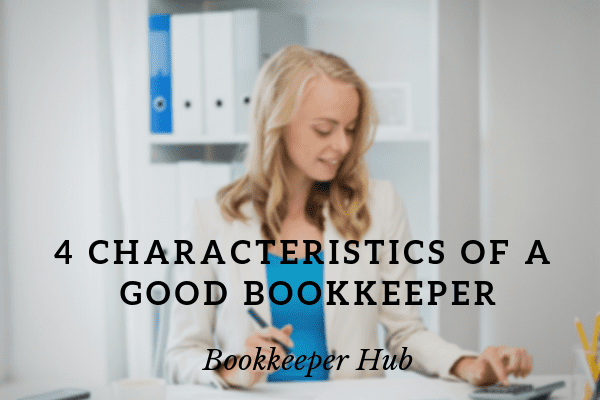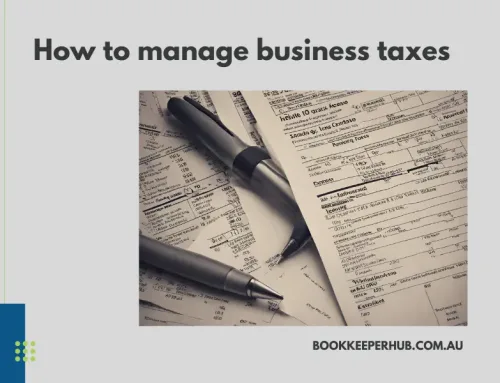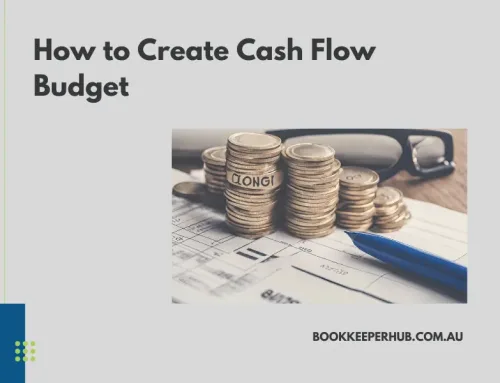Every small business needs a good bookkeeper. The finances of any business, regardless of size, can quickly get complicated, and it’s the bookkeeper’s job to ensure efficient accounting and tax compliance. If you’re a small business owner, you may very well want one on your team as soon as possible, whether you employ them directly or hire a freelancer.
However, what is it that makes a bookkeeper? How can you make sure that your accounts are being properly taken care of, so you don’t have to worry about the business’s finances? Here, we’re going to look at four of the top qualities you should be looking for and how you can better identify them when choosing your bookkeeper.
Professional expertise
It should go without saying that a bookkeeper knows how to do their job. This involves not only organising and maintaining your accounts but also being familiar with tax laws and doing their utmost to keep your accounts compliant with them. A good bookkeeper has a few technical skills that can help make their job a lot easier and save you time and money, as well.
For instance, the use of accounting software like Xero can help them process and organise accounts much more quickly, helping them improve the recording of transactions, speed up invoicing, improve your payroll system, create purchase orders and produce reports on your accounts with ease. A bookkeeper who is well-versed with bookkeeping software is going to be able to do much more for you in much less time.

Conscientious advice giving
In the best of times, bookkeepers can ensure that your accounts are being streamlined and kept as effectively and efficiently as possible. They can make the financial side of the business much easier to handle, saving you time so you can focus on the more important things. However, a good bookkeeper is also able to give good, honest advice in times of adversity.
This means that they take the time to get to know your business, your products, services, customers, and structure as well as the potential risks your business can face. This means in turbulent times that could see your business in some financial peril, a bookkeeper is able to offer information on what measures you can take to get the books back in good health.
Experience and service
Your perfect bookkeeper should be perfectly ready to work under their own initiative. Not all business owners are accounting experts, after all, and a bookkeeper can help you quickly fill the gaps in your knowledge. Having experience with recording income and expenses, getting BAS correct, working with the ATO and more is important. It means you don’t have to constantly micromanage them and worry about whether they’re performing their role correctly.
On the other hand, a bookkeeper with good customer service and an emphasis on accessibility means that you’re able to get reports, advice, and information on your accounts whenever you need them. For instance, your bookkeeper should be able to work seamlessly with your accountant so that they’re always aware of what they’re doing and what value they’re providing the business.

Efficiency
The bookkeeper’s duties are numerous. They may be working on five or fifteen projects at any one time. A good understanding of their own productivity and the ability to manage their own workflow is crucial. To that end, some bookkeeping teams, like the Bookkeeper Hub, make use of tools like WorkflowMax to ensure that productivity and efficiency is always held as a top priority.
The right time management ensures that your bookkeeper makes a noticeable difference by completing projects on time, while also ensuring that each project gets the one-to-one attention it needs, allowing them to be as detail-oriented as they need to be without wasting hours on inefficient working practices.
Are you choosing the right bookkeeper for you?
Hopefully, the points above serve as a starting point when you’re looking for a bookkeeper. A good fit for the business and the team is important, too, but that’s something that you both have to work on together. The fundamental skills and traits your bookkeeper needs are shown above, so make sure you keep an eye out for them.
A good bookkeeper can help you stay compliant with tax laws, ensuring there’s as little risk to your business as possible while taking away the strain of managing those accounts yourself. Check out the Bookkeeper Hub if you want to ensure you get the care, professional, and skills that your bookkeeping needs.






